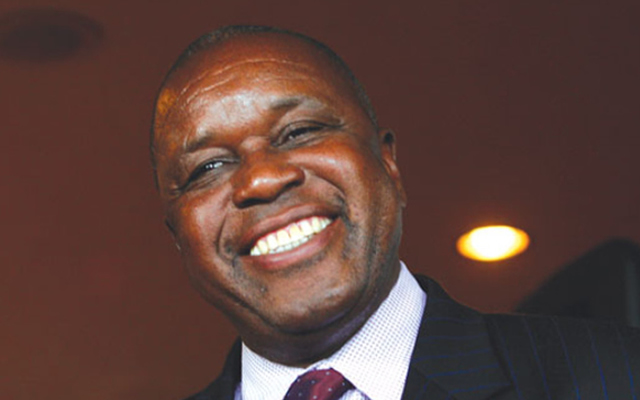Bandits steal Ebola samples

 CONAKRY. — It was a highway robbery, but the bandits got more than they bargained for when they stopped a taxi van in Guinea and made off with blood samples that are believed to be infected with the deadly Ebola virus.Authorities publicly appealed on national radio yesterday to the unidentified robbers to hand over the samples that were stolen from the minibus taxi during its 265-kilometre trek from central Kankan prefecture to a test site in southern Gueckedou.
CONAKRY. — It was a highway robbery, but the bandits got more than they bargained for when they stopped a taxi van in Guinea and made off with blood samples that are believed to be infected with the deadly Ebola virus.Authorities publicly appealed on national radio yesterday to the unidentified robbers to hand over the samples that were stolen from the minibus taxi during its 265-kilometre trek from central Kankan prefecture to a test site in southern Gueckedou.
The samples were drawn from a single person and were stored in a sealed container, and handed off to the taxi driver when armed bandits stopped the vehicle the aid group had commissioned near the town of Kissidougou, said Faya Etienne Tolno, a press officer for the Guinea Red Cross.
Tolno explained that the Guinea Red Cross did not have its own vehicles for transport, which explains why a taxi was commissioned. No one was injured in the incident, which took place on a road known for banditry.
“We don’t understand why they stole the blood sample. Perhaps they thought there was cash hidden in the flask,” Tolno said.
Dr Barry Moumie, who heads patient care for the national Ebola response co-ordination committee, told The Associated Press: “We have informed the security services. If these thieves handle this blood, it will be dangerous.”
Ebola is spread primarily by contact with infected bodily fluids including blood, faeces and vomit.
“I can assure you, however, that the sample-transportation procedures will now be strengthened to avoid such disappointments,” Moumie said.
The theft underscores how hazards abound and hiccups remain in the aid response, despite millions of dollars’ worth of international support pouring into West Africa to fight a virus now responsible for more than 5,000 deaths in Liberia, Sierra Leone and Guinea.
Dr Hans Rosling, who is advising Liberia on its Ebola response, noted the difficulties of transporting such samples, saying countries and groups like the United States and the United Nations have rules about moving such hazardous materials.
“Some of the planes — the US military and UN planes — they will not fly Ebola specimens,” he said.
“But they have their regulations, and to cut red tape is not easy.”
In Liberia, “We use specifically allocated motorbikes and cars. We use what’s available and what’s reasonable, we have to organise things as we go along,” he said. “It may have been the correct decision in Guinea (to use a taxi) and the robbery was just a sad mishap.”
“There’s no way we can secure transport in all of this area,” Rosling said.
“It was a good initiative to try to get the sample out.” — AP.









Comments